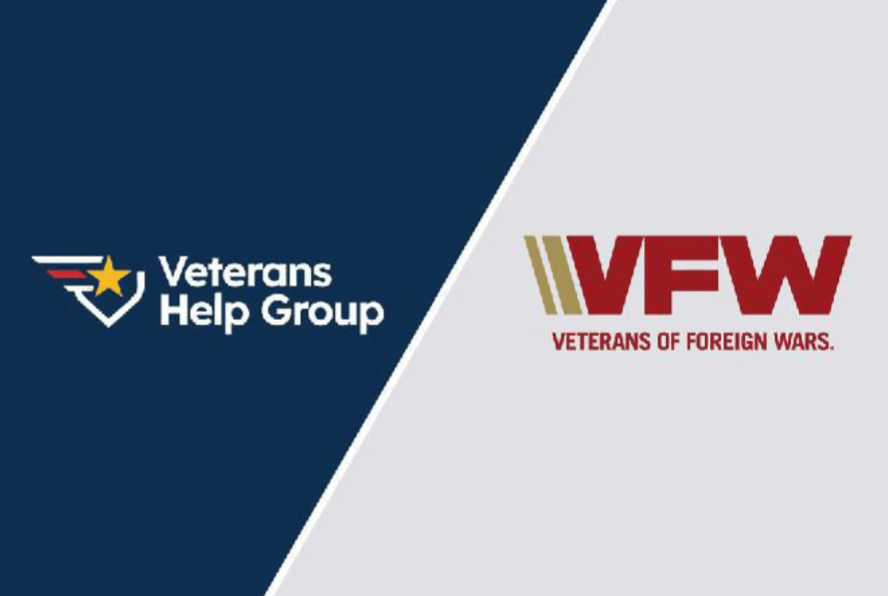
Table Of Contents
The Veterans Appeals Efficiency Act of 2025
Several bills are currently pending in Congress that would impact disabled veterans. The Veterans Appeals Efficiency Act of 2025 (H.R. 3835) aims to speed up the appeals process for veterans seeking VA disability benefits, improve information gathering and increase transparency.
The legislation would:
- Require the VA to create guidelines for when Board of Veterans’ Appeals (BVA) cases could be expedited
- Require the Court to issue rules relating to when limited remands may be issued
- Require the BVA to report to Congress regarding recurring issues that could be streamlined through binding guidance
- Codify the Veterans’ Benefits Administration’s obligation to comply with BVA orders
- Provide for study of the feasibility of allowing the BVA to issue binding legal decisions
- Require the Veterans Benefits Administration to track the timelines of claims and appeals and report that data to Congress
- Allow the BVA to aggregate appeals with common issues of fact or law, and to periodically report to Congress on how aggregation as impacted efficiency
- Authorize the Court to certify class actions including veterans who have not received a determination from the BVA
How Would This Legislation Affect Disabled Veterans?
Many of the proposed provisions are designed to make the process simpler, quicker, and more consistent. That’s good for veterans in many ways–especially those who may wait for years for a determination from the BVA. If the new legislation works as intended, veterans would receive BVA decisions more quickly, there would be consistent guidelines for expediting appeals when warranted, and veterans could be included in class action lawsuits even if they hadn’t reached the end of the lengthy appeals process.
However, there are some potential downsides for disabled veterans that may not be immediately obvious.
Aggregation of Claims with Common Issues of Fact or Law
Aggregation of claims can significantly speed up processing, particularly when there are a very large number of similar or related claims. Getting a quicker determination is obviously beneficial to the veterans, but only if the determination is correct. And, while aggregation could mean a more efficient process for some claims, it could potentially delay others. Here are the possible issues with aggregation:
- No two cases are identical, and grouping similar but somewhat different claims could be detrimental to the veterans at the more serious end of the include spectrum
- Resolution of relatively simple cases may be delayed by the greater analysis required for the more complex cases in the bundle
- Cases will be pulled out of docket order based on aggregation, causing some veterans to get slower processing than they otherwise might
- The bill in its current form doesn’t allow veterans to opt out of having their claims aggregated
- Differing procedures for aggregated claims may take control of some aspects of the case out of the veteran’s hands
Class Certification Without a Final Determination
Proponents of expanding class action jurisdiction to cases that have not been finally adjudicated say the change will benefit veterans who are waiting two years or more for a BVA determination and so are excluded from a class they would otherwise qualify for. Moving them into a class action with comparable cases while the appeal is still pending could get them to a resolution faster.
However, the proposed change for 2025 raises issues similar to those discussed in connection with aggregation. In fact, in a class action, the veteran’s opportunity to participate in the process is even more limited, though the impact of the decision on their claim would be determinative.
Some opponents of this provision have also suggested that the broadening of jurisdiction for class action claims would increase the volume of veterans’ class action matters to the point that resolution might be delayed rather than moving forward more quickly.
Views on the Veterans Appeals Efficiency Act of 2025 are Mixed
A version of the bill was introduced during the previous legislative session and failed to advance. While the newly-introduced legislation for 2025 has some enthusiastic supporters, organizations including Disabled American Veterans and the BVA itself have expressed serious concerns. In addition to the issues discussed above, critics have expressed concerns about:
- Confusion created by the overlap in BVA jurisdiction with class action jurisdiction
- New requirements creating sufficient additional work and expense to reverse the trend toward reducing the backlog of appeals
- More specific rules for limited remand having an effect opposite of that intended by narrowing the opportunity for limited remand
Most agree that processes and procedures do need to be updated and made more efficient. However, those changes must be carefully crafted to operate to the benefit of disabled veterans. Any provision that may delay a final resolution for a veteran, create confusion, lock the veteran into aggregation or class action without a meaningful opportunity to opt out and proceed as an individual or shut the veteran out of the process that will decide their claim must be reconsidered.
Other Legislation Impacting Veterans
Other significant legislation currently pending that would impact veterans includes:
- The Protecting Veterans’ Claims Options Act (H.R. 3834)
- The Caring for Survivors Act of 2025 (H.R. 2055)
- The Ernest Peltz Accrued Veterans’ Benefits Act (H.R. 3123)
- The Modernizing All Veterans and Survivors Claims Processing Act (H.R. 3854)
- The Rural Veterans’ Improved Access to Benefits Act of 2025 (H.R. 3951)
- The Veterans Claims Quality Improvement Act of 2025 (H.R. 3983)
What’s Next for Disabled Veterans?
At the broader level, veterans who want to weigh in on this or other legislation should contact their Senators and Representatives to make their views known. It’s important that your voice is heard with regard to larger issues facing veterans just as it is that you can participate meaningfully in your own VA disability claim and other VA processes.
If you have a claim to file, a denial you want to appeal, a VA disability rating you believe is too low or another matter to resolve with the VA, an experienced VA disability benefits advocate can be your best resource. To learn more about how Veterans Help Group can assist, call us today at 800-800-3332 or fill out our contact form here.
Veteran Resources:

Veterans Help Group In The Community
Veterans Help Group in the Community Written by: Bobbi Boudi, Director of Community Outreach, Amy...

Veterans Help Group Sponsors Inspiring Leadership Event in San Diego
Veterans Help Group Sponsors Inspiring Leadership Event in San Diego Veterans Help Group had the...

VFW Shines a Spotlight on Veterans Help Group
VFW Shines a Spotlight on Veterans Help Group We're excited to announce that Veterans Help Group...





